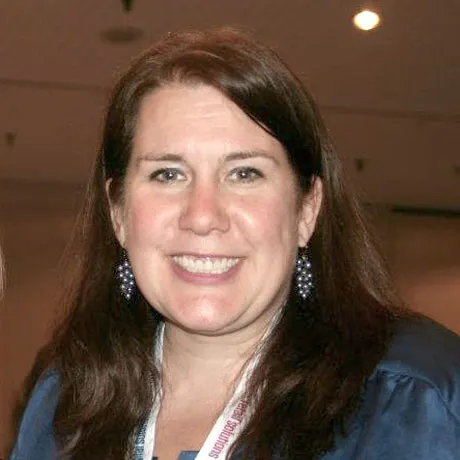The day I rejected my son’s IEP
My son, now 8, has received special services since he was a year old. I’ve always been grateful for the support he’s gotten at school, and rarely have I questioned the recommendations made by his teachers.
But as this year’s annual meeting approached, something was different. For the last two years, my son had been in what’s called a “self-contained” class — a safe, supportive environment with a great teacher and four aides working with seven kids with unique needs. My son spent the morning in that class and the afternoon in a larger mainstream class with general education students.
He was doing all right socially and academically, but I kept wondering what other options there might be. Before his annual IEP meeting, I talked with his teacher about what placement she would propose for the next year. She said she thought it was best if my son continued in the self-contained class. To hear that was a letdown. In my heart, I felt like he was ready for more.
Now, the school was doing a good job — that wasn’t the issue. But a self-contained class seemed to be the most restrictive option. I knew the next level was a co-taught mainstream class, where general and students are in the same classroom. Maybe that could be an option for him, I thought.
I reached out to a friend who worked as a parent advocate. She assured me that if I wasn’t 100 percent happy with the placement in my son’s IEP, then as a parent, I had the right to say so. I had the right to reject the IEP being proposed and ask that the school create a new one.
The day of the annual IEP meeting came, and I was nervous. My son’s school has done so much for him, leaving me with almost no complaints. If I rejected the IEP, would the school staff be angry with me? Would his teachers think I didn’t value all they had done?
The meeting started and my son’s teacher and the school psychologist made their case. I listened patiently to everything they had to say. When it was my turn to talk, I first thanked them for their commitment to my son. Then I said what was on my mind.
Most of the issues my son had were with social skills, I told everyone. And then I raised my concerns: In a self-contained class, was enough attention being paid to his social skills development? Could he take on more academically in a more mainstream class? In a co-taught class, I said, social skill development would be front and center. His academic requirements would increase, but I believed he could handle it.
The entire IEP team listened. However, they said they didn’t want to change his placement from a self-contained class. Then came the hard part. I said I was rejecting his proposed IEP.
I cringed for a minute waiting for the explosion I thought would happen. But my son’s teacher simply thanked me and said we’d work it out. The school psychologist said he would meet with me again in a month after doing some research.
A month later, true to his word, the psychologist and I met. He said he had compared my son’s situation to that of some of the other kids in the co-taught class. The psychologist said my son was around the same academic level. My son had issues getting along with others, but the psychologist said that if I, as a parent, was going to bat to support this placement, he could too. I can’t tell you how good it felt to hear that.



